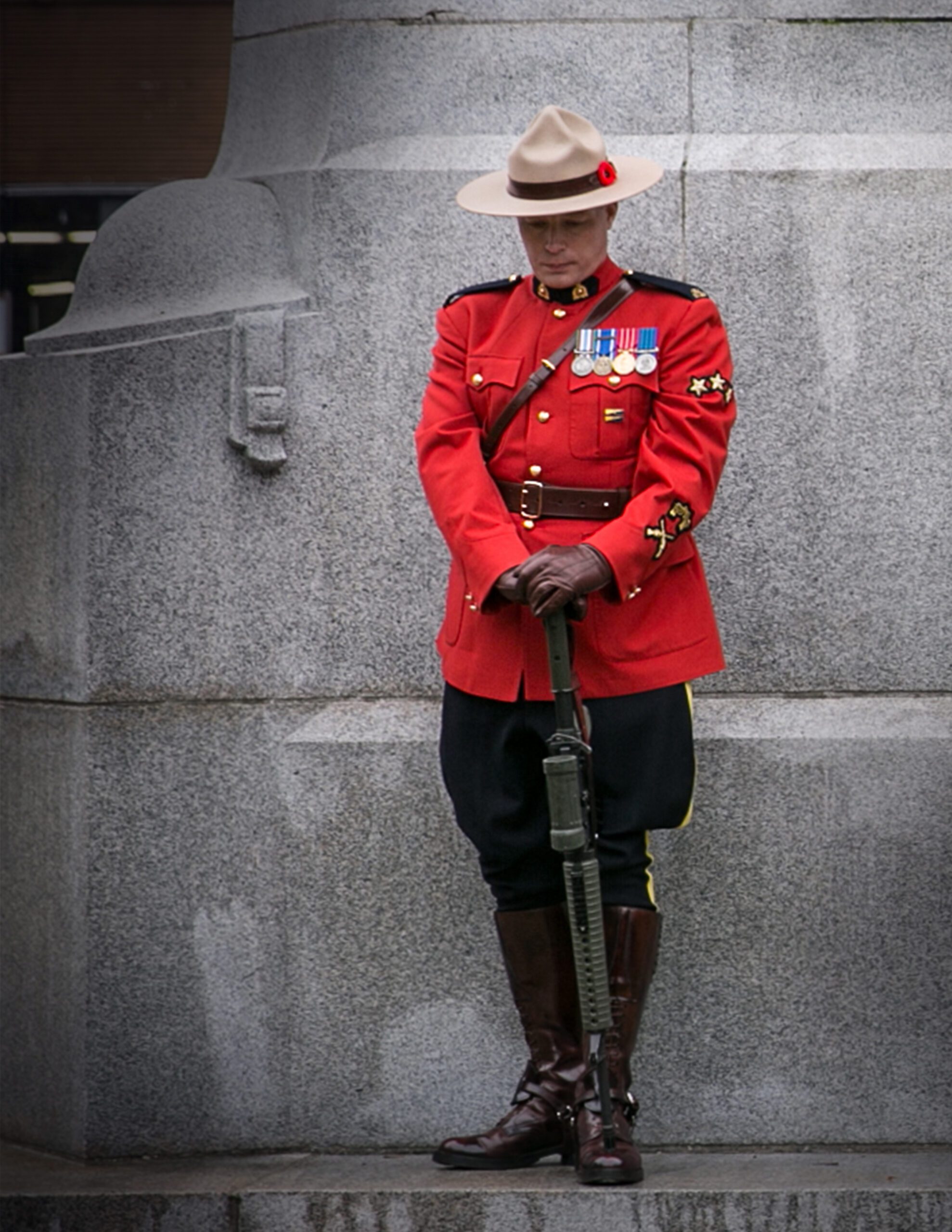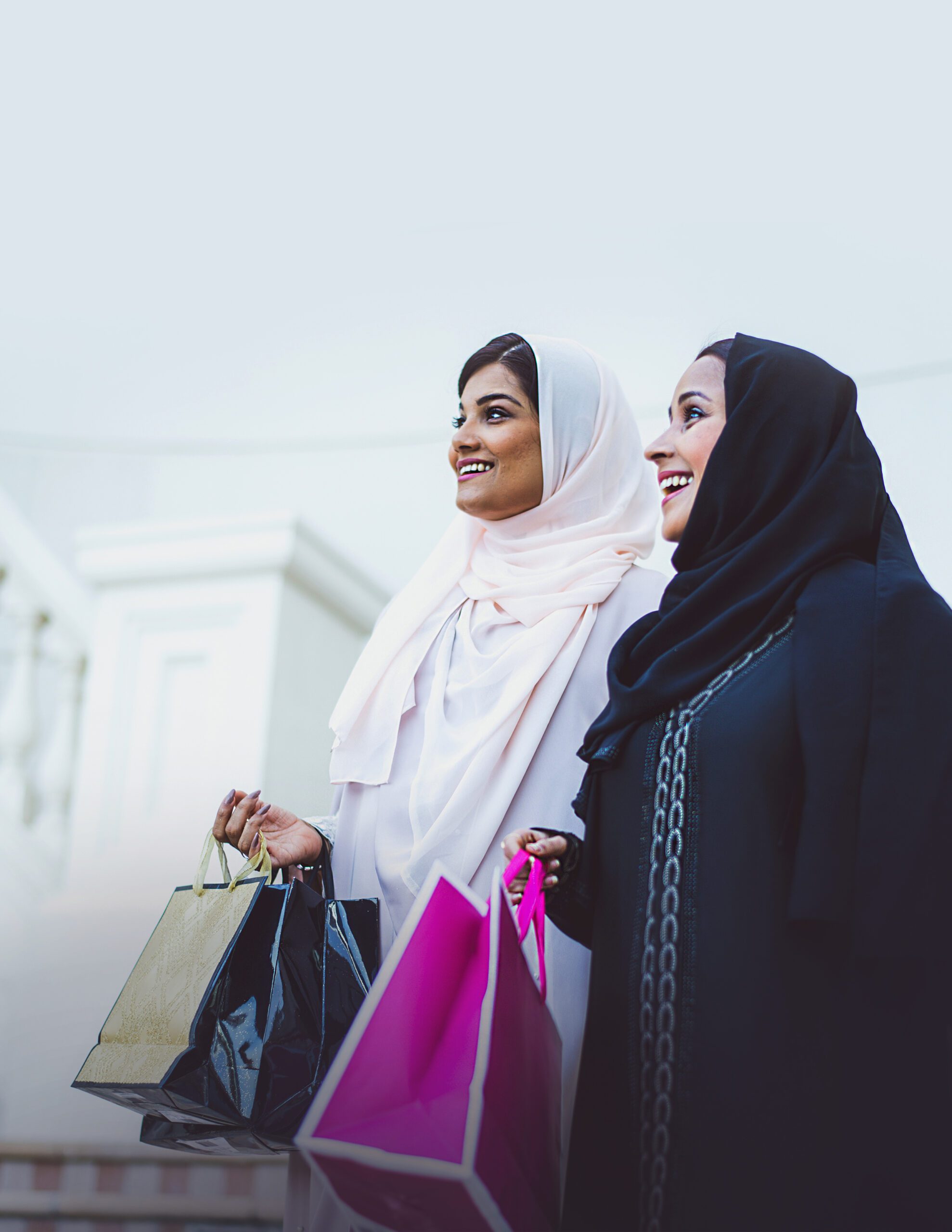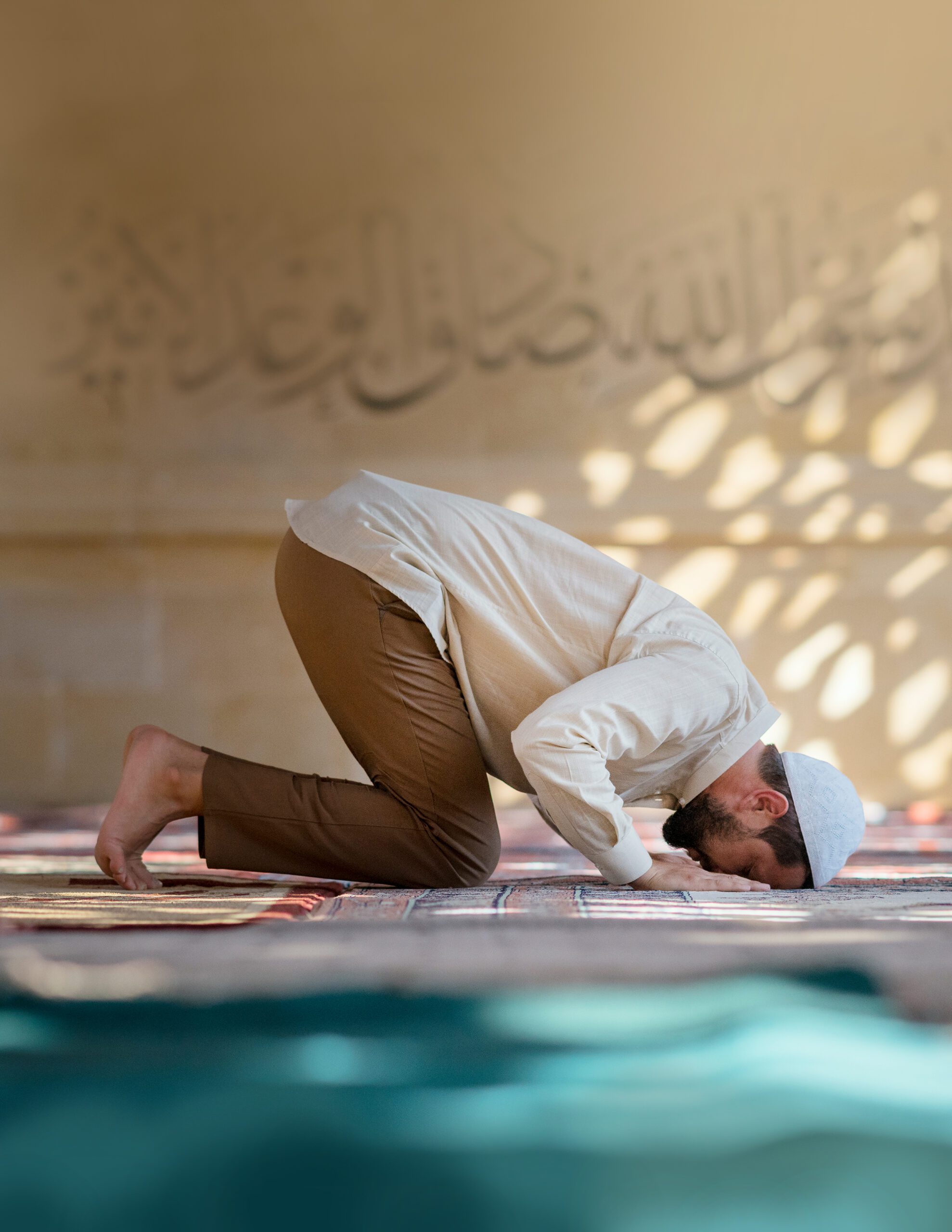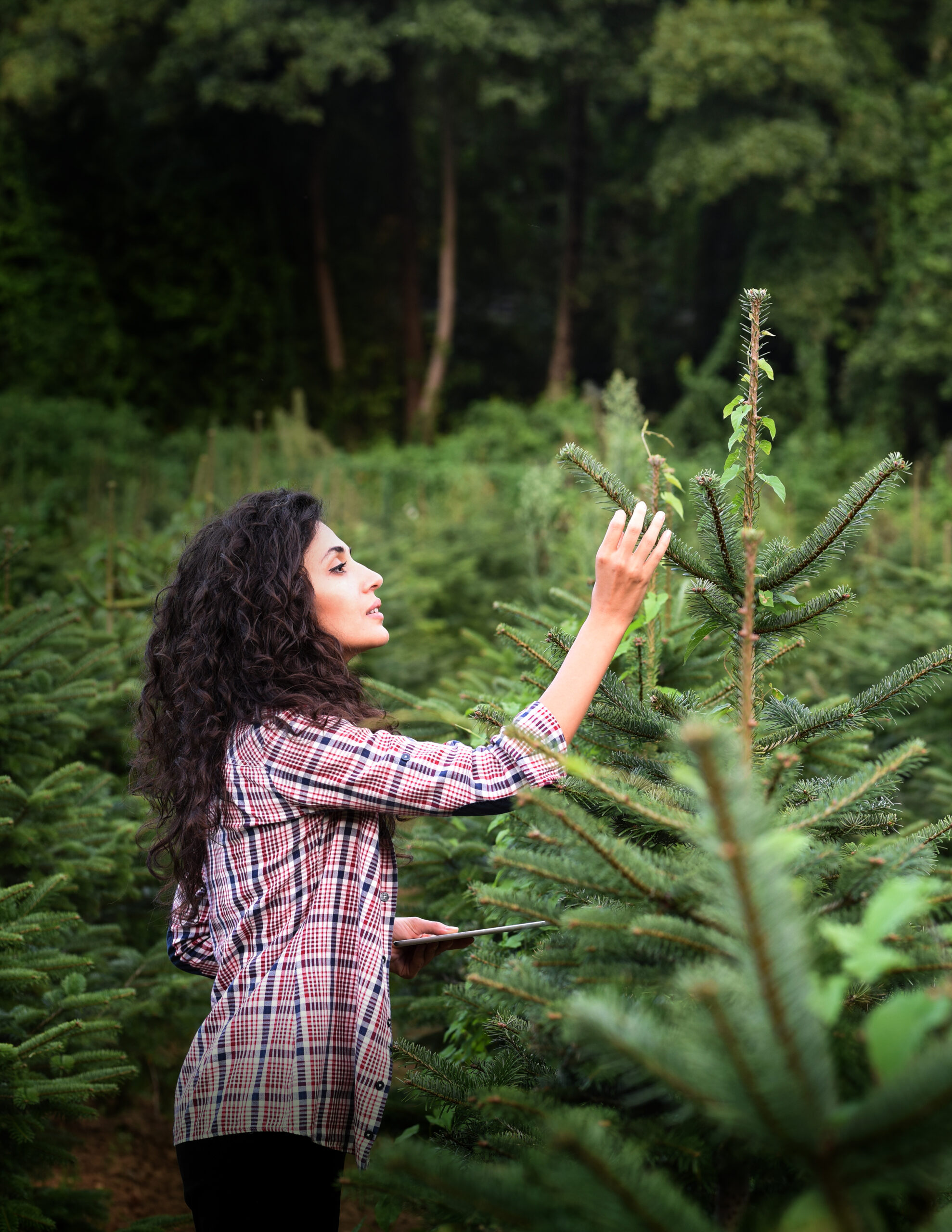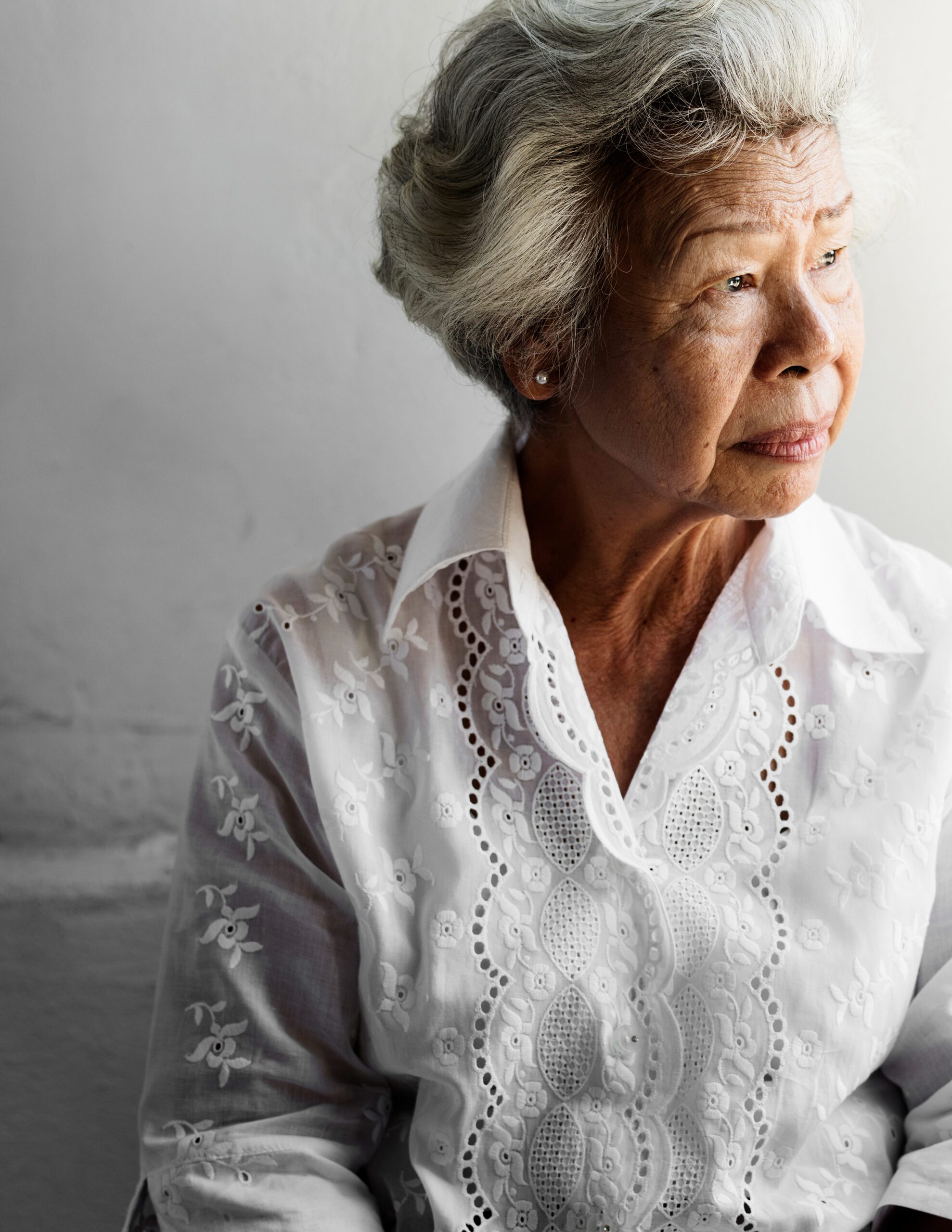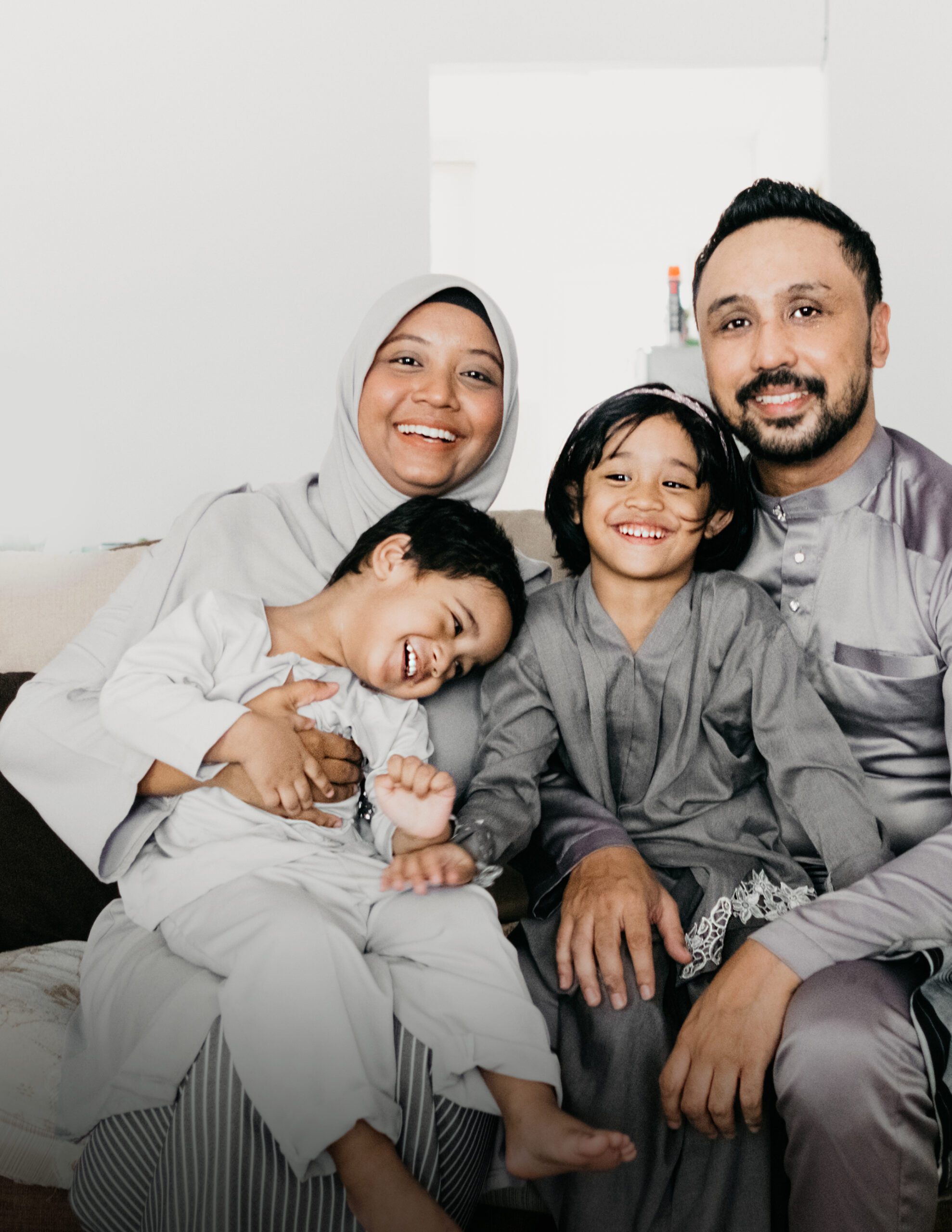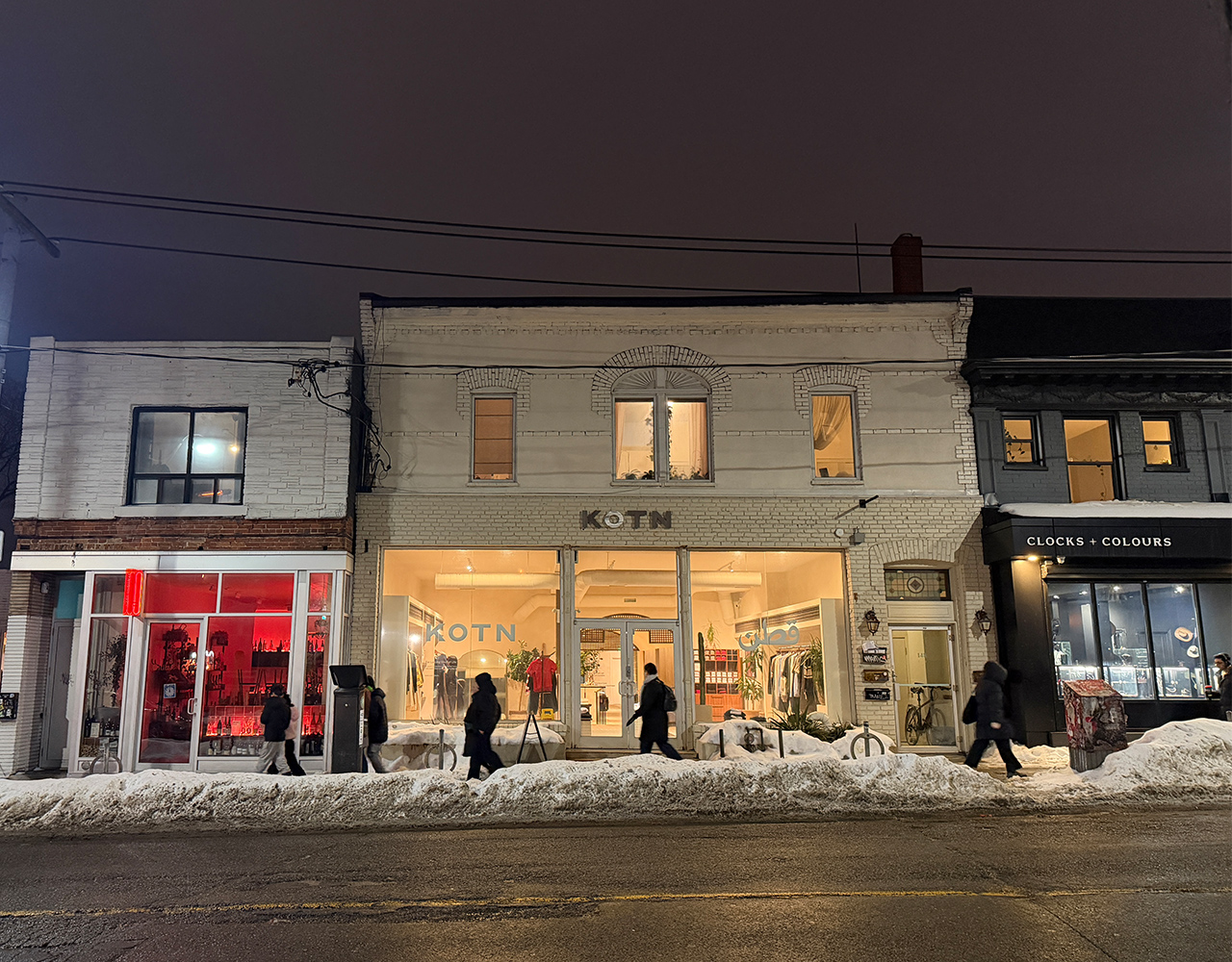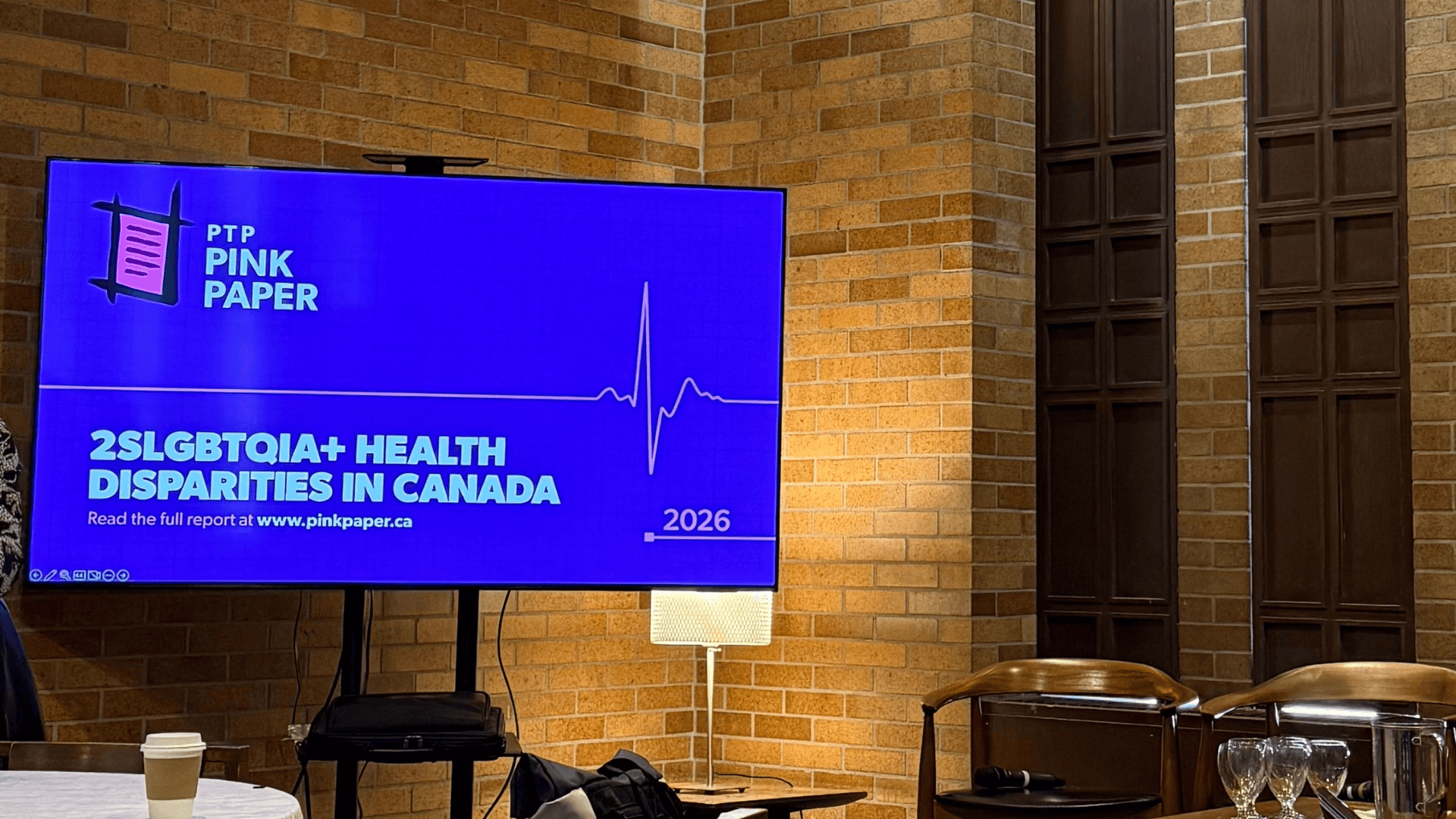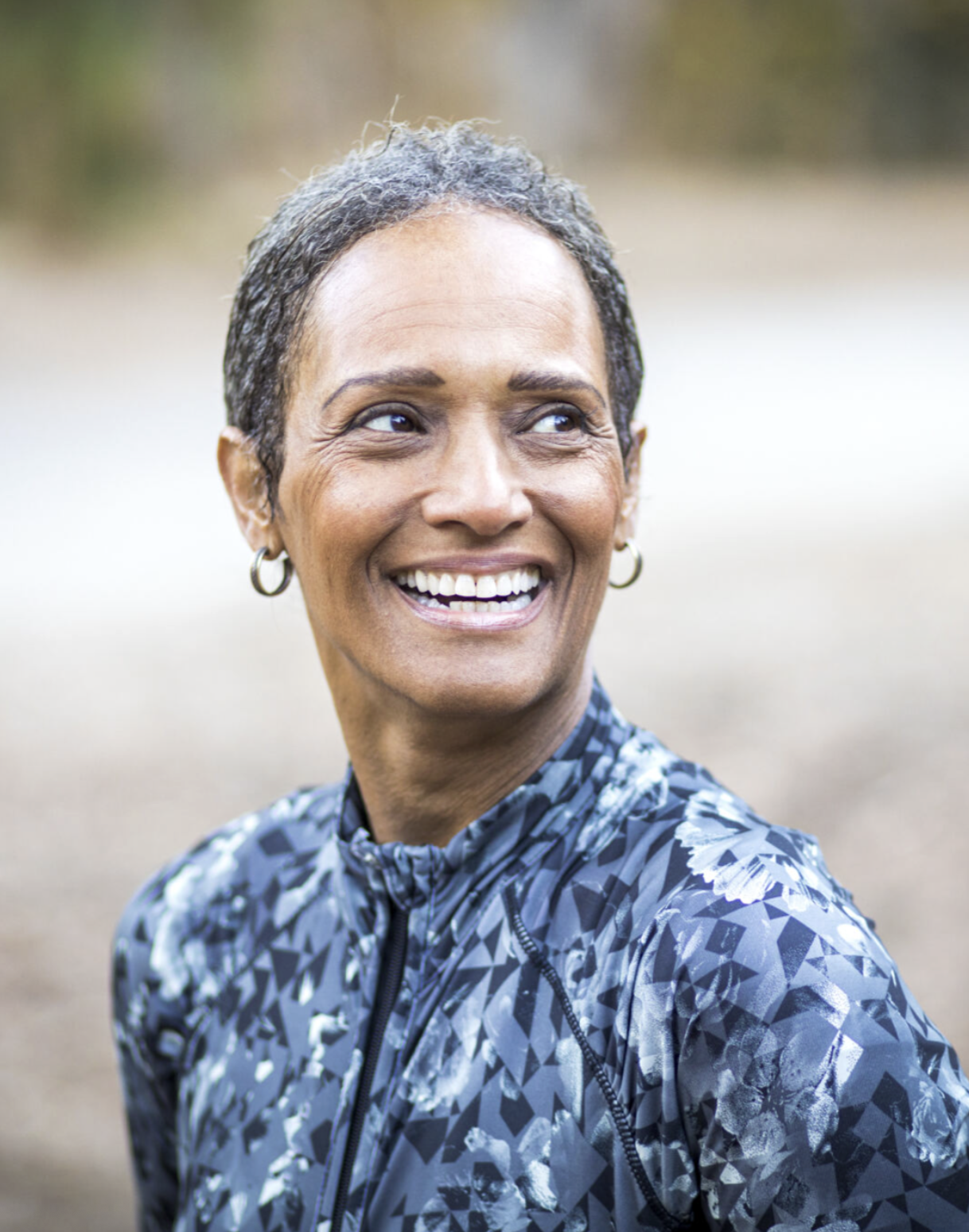Elders Research
Learn about the traditional values of Canada’s Elders generation through Environics’ research.

Understand Elders
The Elders are the oldest generation of Canadians, and on average the most traditional in their values. Born in 1945 or earlier, in early life the Silent Generation were encouraged to develop a strong sense of duty and responsibility. The Elders grew up in an environment where religion and traditional gender and family norms reinforced one another: father was the head of the household, and another father (or male authority) led the church, which the vast majority of Elders would have attended at least weekly in their youth. Although many Elders have become more flexible over time, adapting to Canada’s growing ethnic diversity and accepting women in leadership roles, on average these older Canadians are more likely than younger ones to believe newcomers should blend into Canadian society. When it comes to consumption, Elders, also known as the Traditional Generation, tend to be modest and understated, favouring utility and pragmatism over ostentation, and seldom viewing brands as expressions of their personal identity.
Select an Elder segment to learn more about the values that define them.
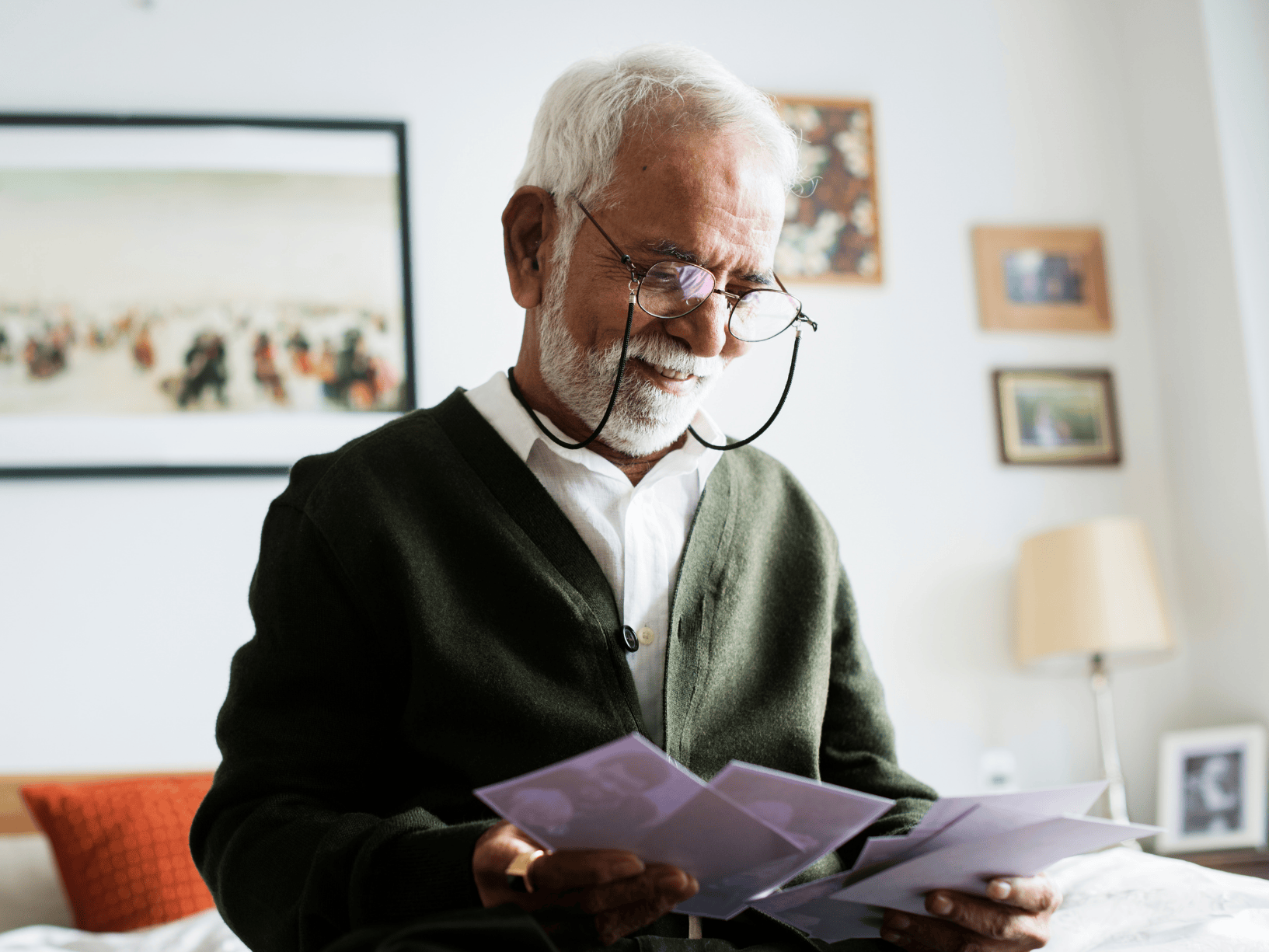
Extroverted Traditionalists
Who They Are
Extroverted Traditionalists have deep respect for institutions and social status. For these Canadians, youth should respect their elders, and subordinates should not be too familiar with their superiors. Extroverted Traditionalists place family and religion high on their list of priorities, fulfilling their duties at home and participating diligently in shared rituals. These Elders feel a strong desire to keeping up with the Joneses, and they wear career successes as badges of honour.
Demographic Highlights
Predominantly female

More likely to have lower levels of education (high school or less)

Most likely Elders to live in the Atlantic provinces
Social Values:
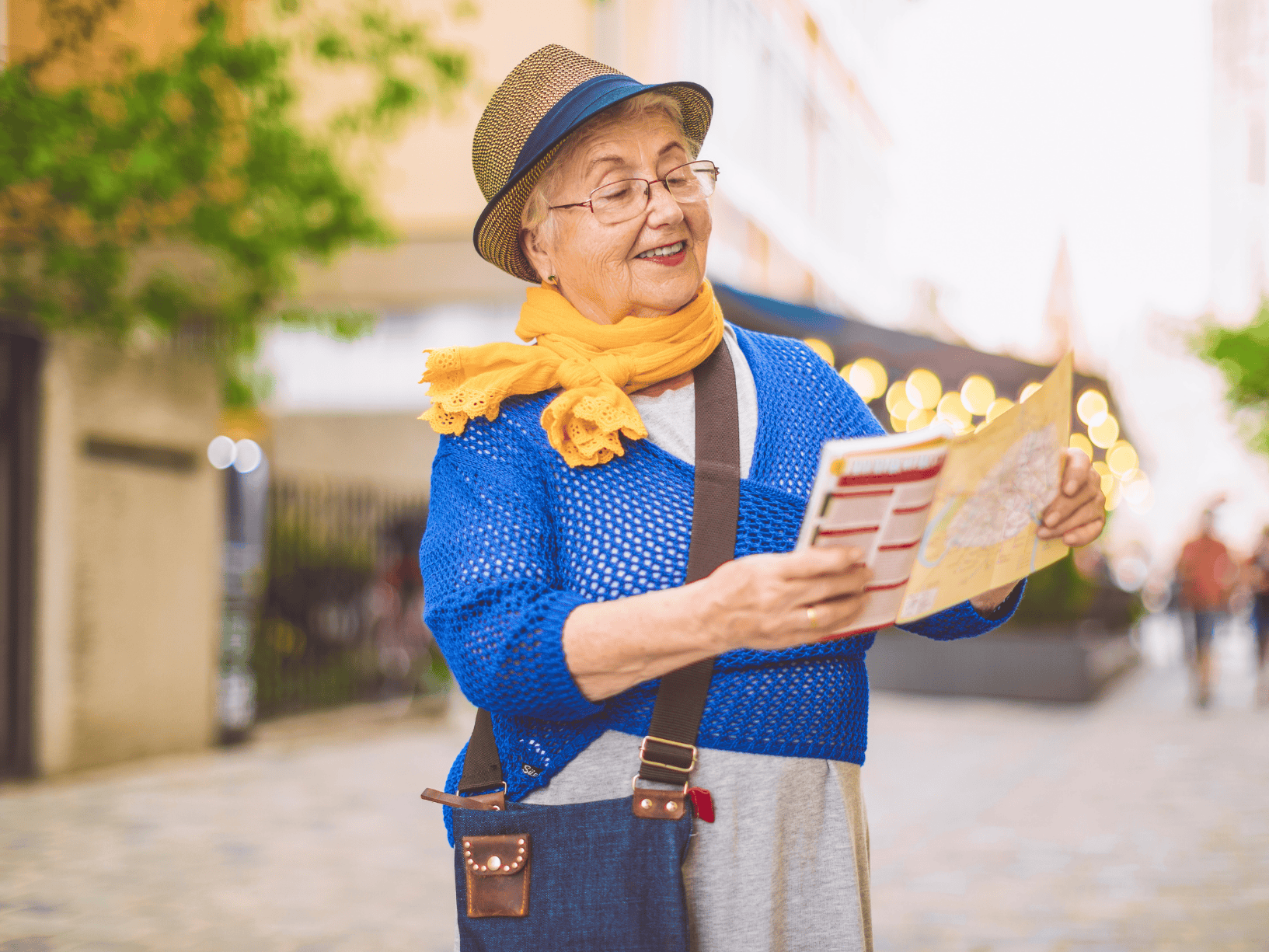
Cosmopolitan Modernists
Who They Are
Cosmopolitan Modernists see the world as their oyster. These enthusiastic Elders are more at ease with change and complexity than many of their age peers; they have a global outlook and see themselves as citizens of the world. The Cosmopolitan Modernists value new experiences, embracing opportunities to explore the world around them as well as their own identities. While many are now retired, they always saw work as a source of fulfilment – more than just a paycheque – and their above-average levels of community involvement suggest that they continue to find meaning through participation and contribution.
Demographic Highlights

Most likely Elders to be separated, divorced or widowed
Predominantly female

Least likely Elders to live in a rural area
Social Values:

Rational Traditionalists
Who They Are
Rational Traditionalists make up the largest share of the Canadian Elders and represent about 11% of the Canadian population overall. They believe in respecting authority figures both at the societal level (e.g., business, religious, and government leaders) and at the level of the family, where they believe father knows best. These Canadians have worked hard – and saved hard – all their lives to achieve financial security and stability. For those inclined to give to charity in their later years, most will think first of church.
Demographic Highlights
Largest segment in their cohort
Predominantly male

Most likely Elders to hold a college or vocational education
